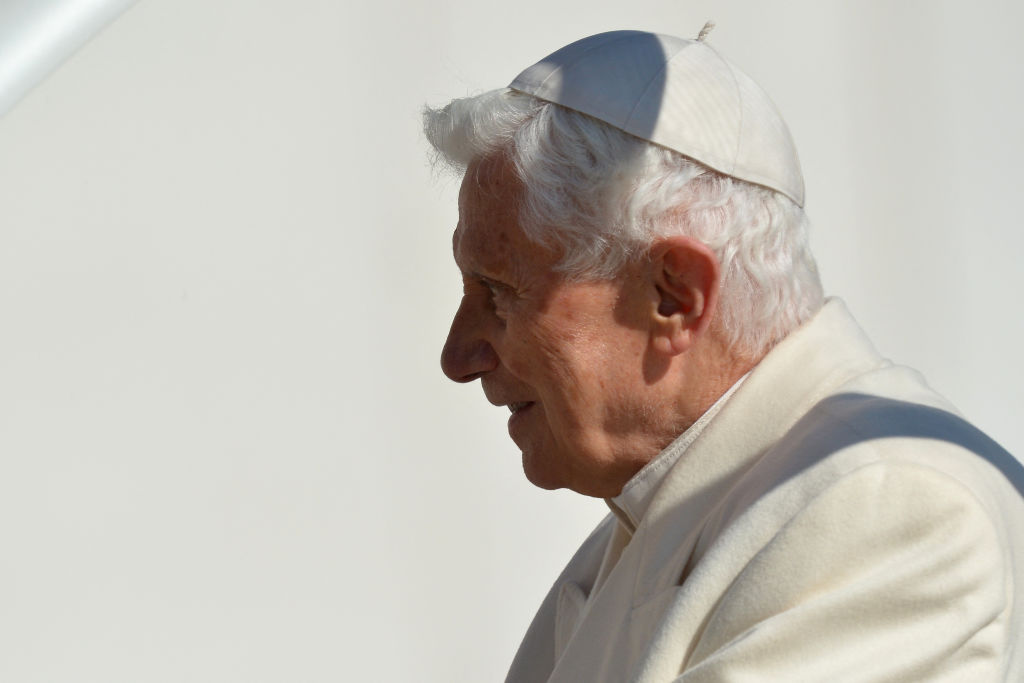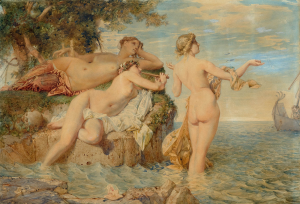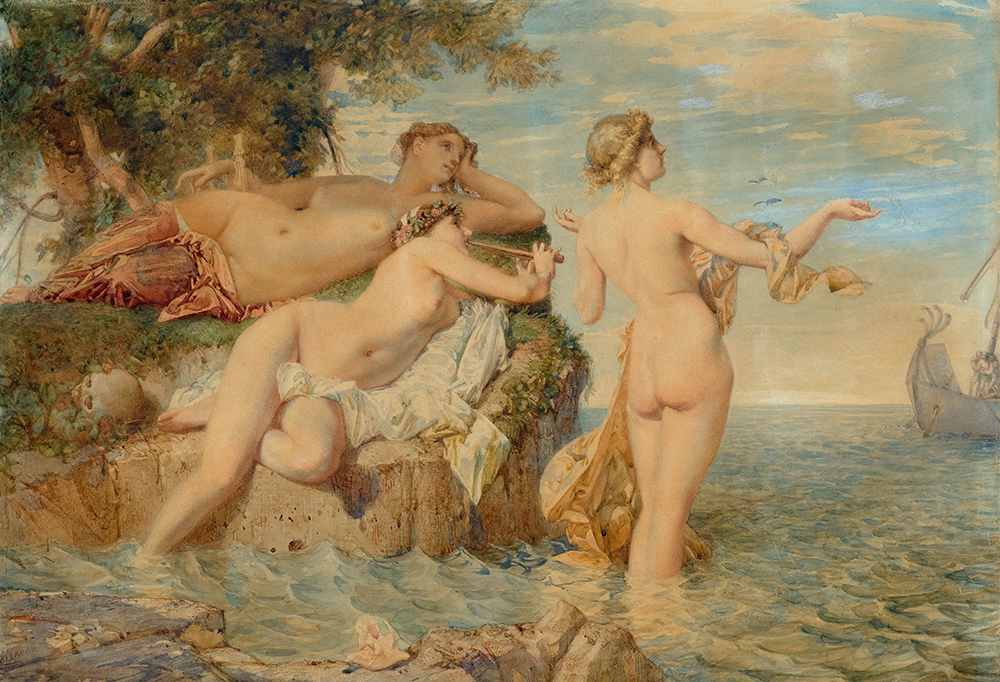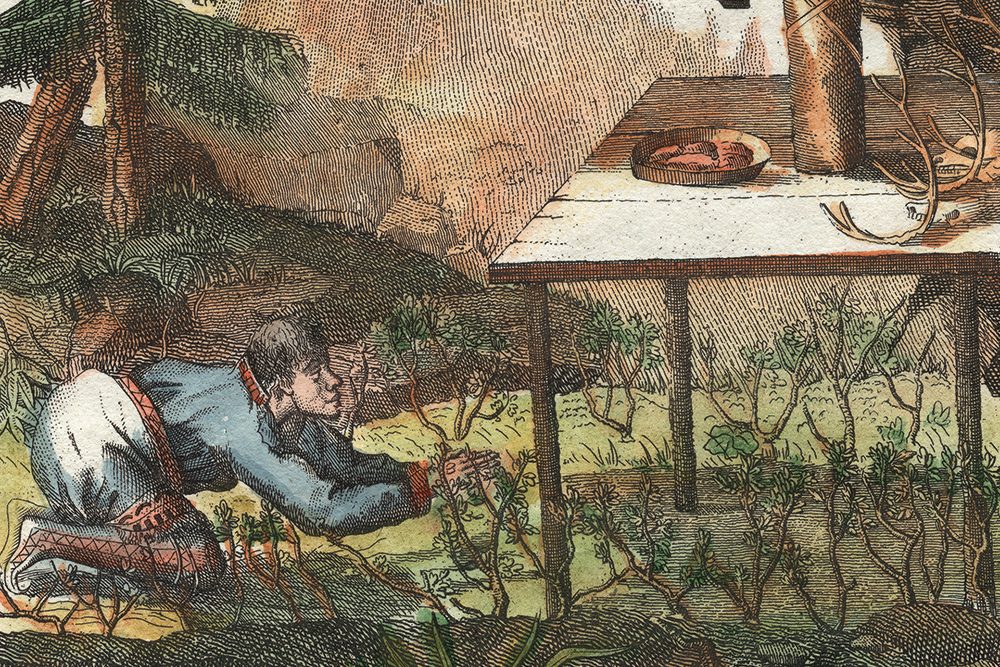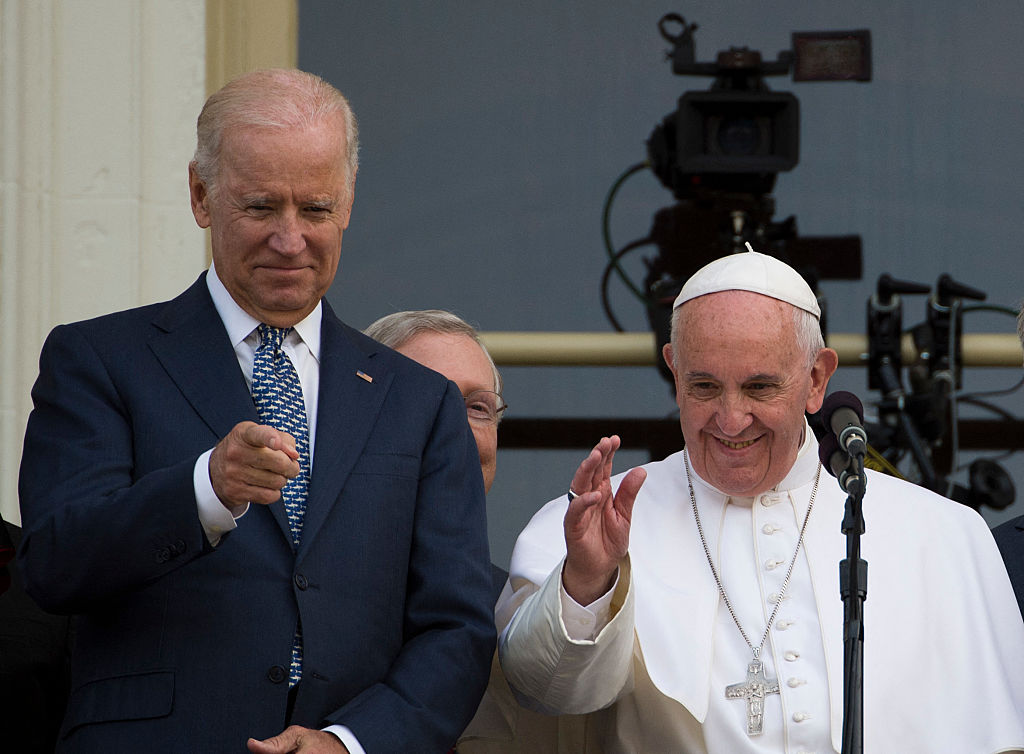Back in early 2019, my wife discovered that she was pregnant with our fourth child. A few weeks later, we discovered that the child, a girl, had Down Syndrome. Britain’s National Health Service asked if we wanted to abort her. We did not. My wife, brave and stoic, soon accepted the news as a blessing. I wanted to do the same, but I felt shocked and scared and morally inadequate.
How bad would her disability be? How would our other children cope? How would we cope? Would the rest of our lives be spent looking after this child? I spent a lot of time worrying. I took to praying and, as I pondered the matter, a line from Pope Benedict XVI kept repeating itself in my head: “We are not some casual and meaningless product of evolution. Each of us is the result of a thought of God. Each of us is willed, each of us is loved, each of us is necessary.”
The Pope, who died today, said that at his inauguration mass in 2005. I covered the event as a journalist and the words must have stuck in my brain somehow. I kept saying them to myself. I found comfort in them. Benedict’s phrasing helped me realize that, even if I found it hard, and I did, we had an obligation towards this new life we had made. That obligation — complicated by an extra chromosome — was bigger than us.
What that “each of us” quote also does is show that the late Pope was nothing like the media’s “God’s Rottweiler” caricature. Any fair-minded person who spends an hour reading his writings or speeches should be able to tell that he was a major spiritual intellect and a deeply sensitive man.
He wasn’t a Nazi sympathizer. He was firmly committed to his Church’s teaching on matters of sex. Joseph Ratzinger was an orthodox Catholic. But that made him kind not cruel.
As things turned out, he wasn’t enough of a Rottweiler to be Pope. On February 11, 2013, the World Day of the Sick, according to the Vatican calendar, he announced his resignation. Citing old age, he clearly felt he was not the right man at the right time to serve the Church — beset as it is by scandals and corruption — as Pontiff. That took humility rather than fierce dogmatism. He realized he was better suited to living out his life in prayer, which he did. He was also a smoker, which I liked.
Benedict did make a number of important decisions and many great speeches in his eight years as Pontiff. He expanded the use of the traditional Latin Mass, which many Catholics find more meaningful and profound than the Novus Ordo. And his first papal encyclical, Deus Caritas Est (God is Love), is a brilliant exploration of the nature of human and divine love.
“Love is not merely a sentiment,” he wrote. “Sentiments come and go. A sentiment can be a marvelous first spark, but it is not the fullness of love.”
Discovering the fullness of love — in its various forms — is ultimately what Christianity is all about. It’s also what parenthood ought to mean.
Our second daughter died just before she was born. We called her Celeste. It is a sadness that we never got to know her. Thanks in part to Pope Benedict, however, I dare to believe that she was not some casual or meaningless product of evolution. She was willed, she was loved, she was necessary. RIP.
This article was originally published on The Spectator’s UK website.



